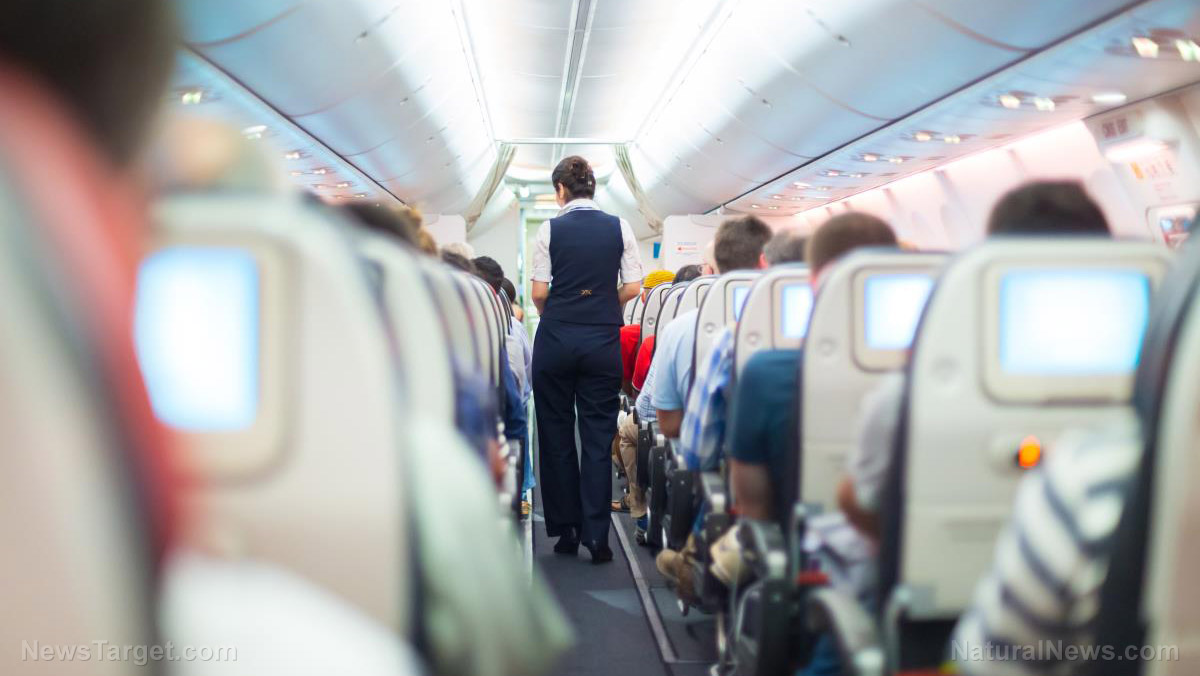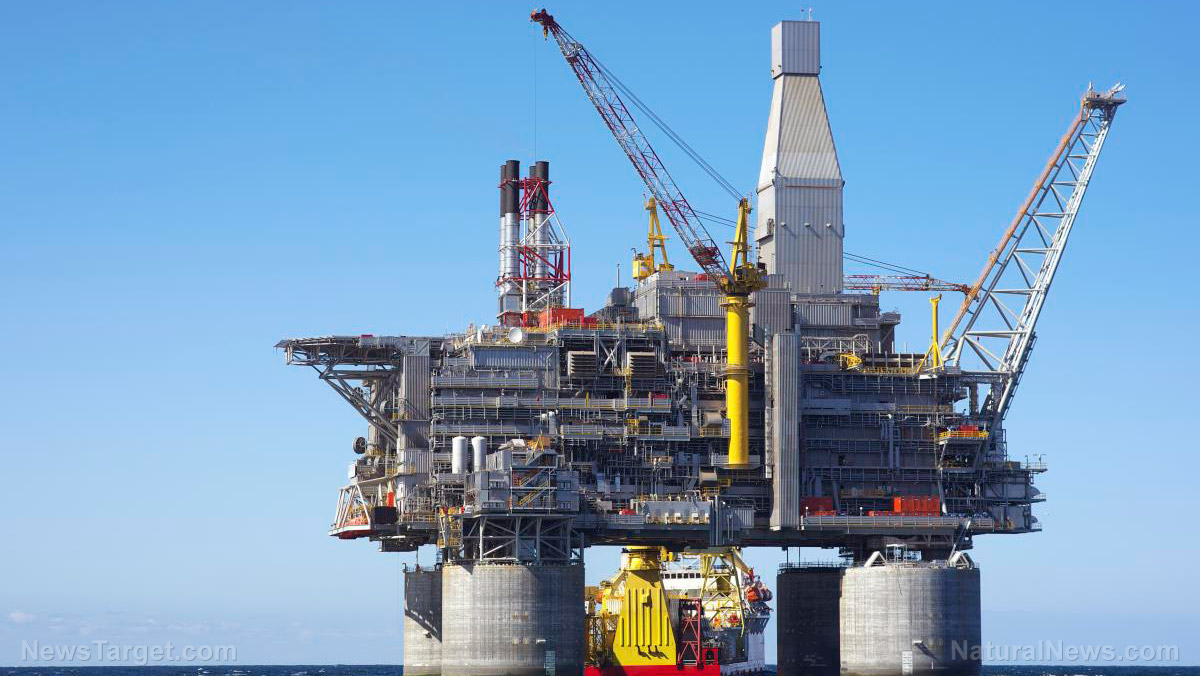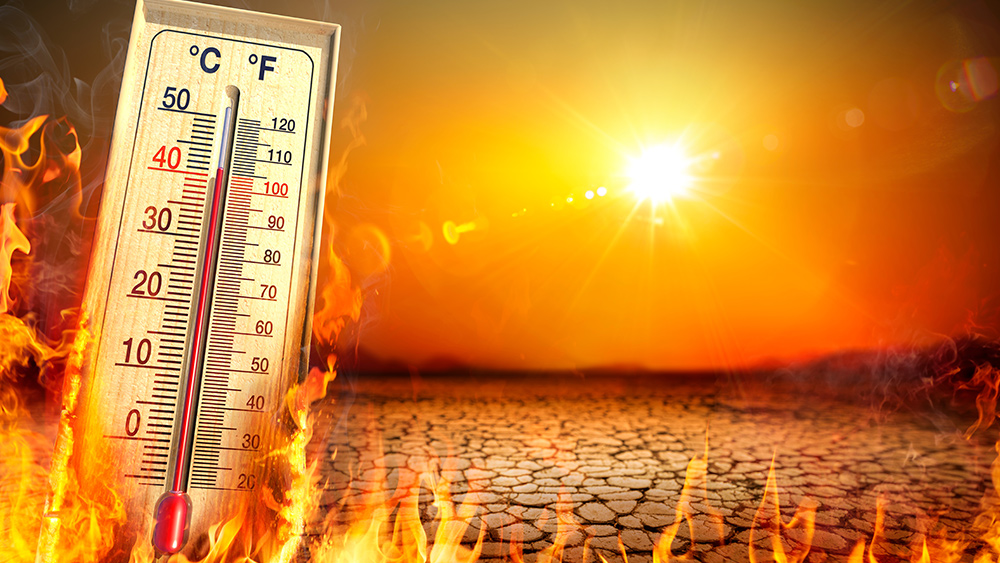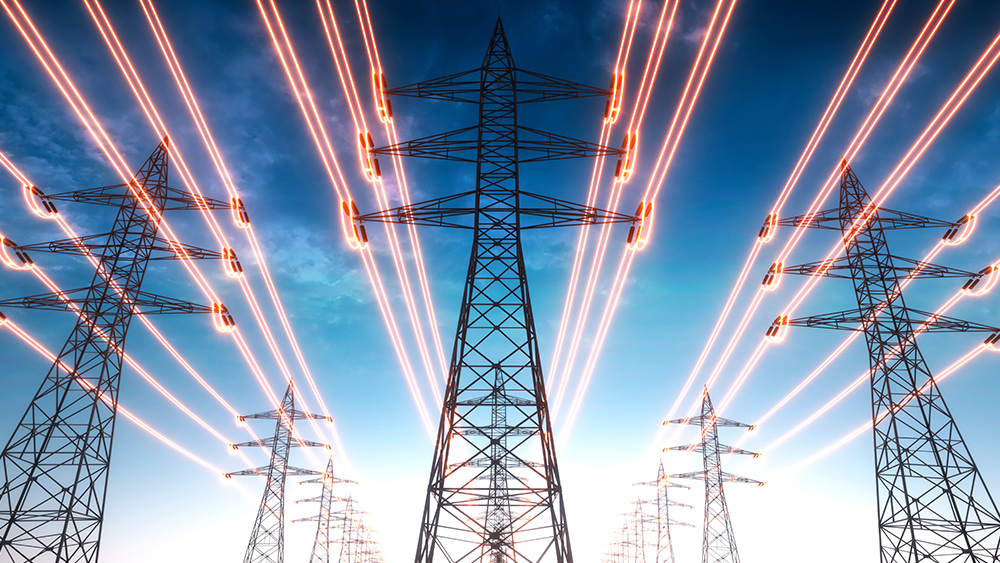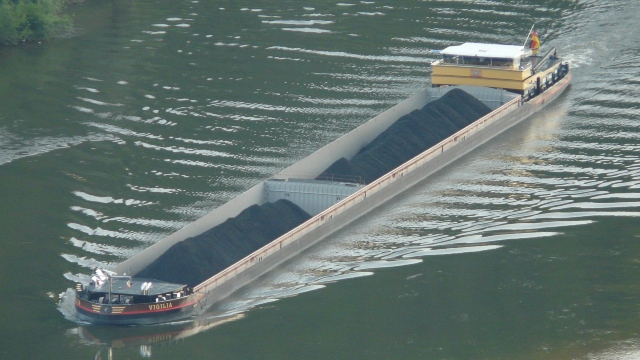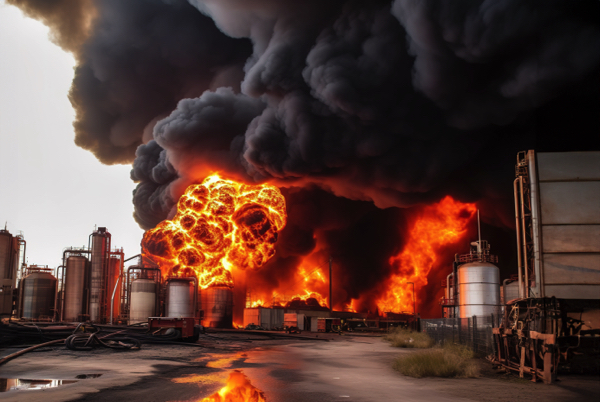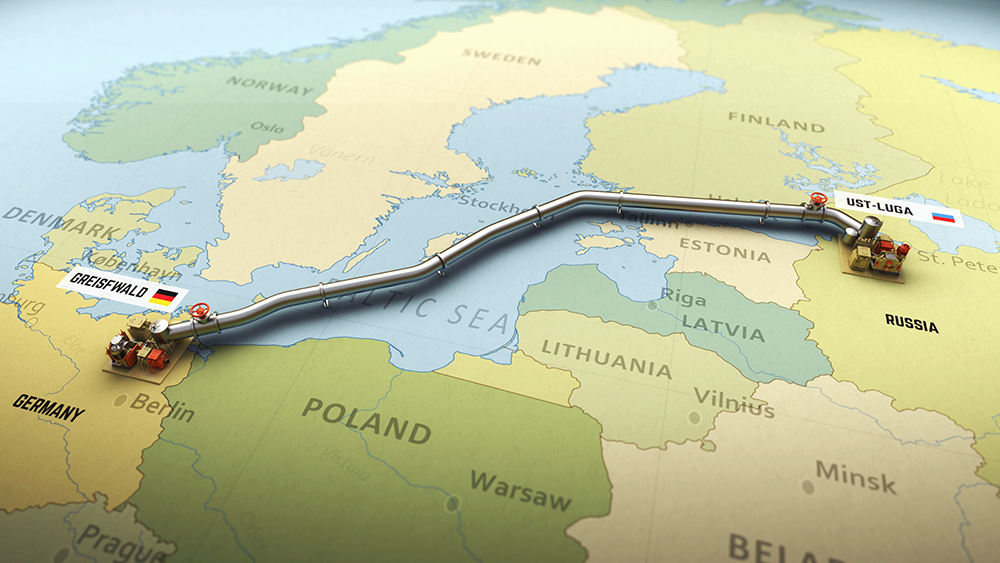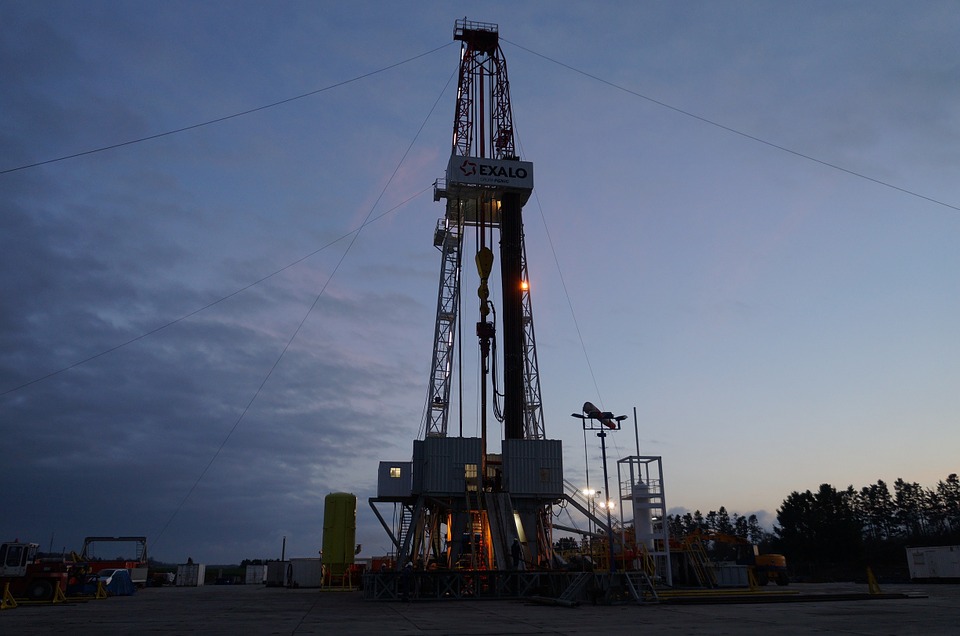Russia overtakes U.S. as Europe’s primary gas supplier despite ongoing sanctions
07/04/2024 / By Zoey Sky

Sanctions have failed to stop Russia from overtaking the United States as Europe’s primary gas supplier.
Even with the continent’s efforts to reduce its reliance on Russian fossil fuel resources since the beginning of the conflict, reports have revealed that Europe’s gas imports from Russia surpassed those from the U.S. in May. (Related: Russian central bank governor: Western seizure of frozen assets won’t affect Russia’s financial stability.)
Russia reduced its pipeline gas supplies to Europe after it invaded Ukraine in February 2022. In response, the region increased its imports of liquefied natural gas (LNG), which is transported on specialized boats and is primarily supplied by the United States.
And as experts predicted, the U.S. beat Russia as Europe’s primary gas provider several months later in September 2022. As of 2023, the U.S. accounts for about a quarter of the total supply in the region.
But recent data from Independent Commodity Intelligence Services (ICIS) suggests that in May, at least 15 percent of the overall supply to the European Union (EU), the United Kingdom, Bosnia and Herzegovina, North Macedonia, Serbia and Switzerland came from LNG and gas pipes imported from Russia.
ICIS data also shows that only 14 percent of the region’s LNG supply came from the U.S., the lowest amount since August 2022.
Russia’s fuel industry flourishes even with sanctions
The turnaround takes place during a general increase in Russian LNG shipments into Europe, despite the efforts of several EU nations to impose restrictions on them.
According to reports, Russia ceased supplying gas via pipelines that connected it to the northwest of Europe in the middle of 2022. However, it is still supplying gas through pipelines that pass through Turkey – and even through Ukraine.
In May, a major U.S. LNG export terminal experienced an outage that affected flows. Meanwhile, Russia exported additional gas through Turkey ahead of scheduled maintenance in June.
Gas storage levels are almost at record highs for this time of year as demand for gas in Europe remains comparatively low.
This year also marks the expiration of the transit agreement between Russia and Ukraine, which endangers the movement of goods along the route. This also suggests that opposition to the sanctions will continue and that Europe’s division along pro- and anti-Russian lines will remain.
According to a senior EU official, supplies through the route are still not enough to replace the 14 billion cubic meters of Russian gas that currently flows through Ukraine to the EU annually.
Additionally, the European Commission is bolstering efforts to establish an investment plan to expand the capacity of pipelines in the Southern Gas Corridor between the EU and Azerbaijan.
During a visit to Japan in June, EU Energy Commissioner Kadri Simson said she had voiced concerns about LNG being diverted from Europe to meet demand in Asia. Simson added that both Tokyo and Brussels have agreed to explore energy-saving measures and have set up an early warning system to monitor LNG supplies.
Simson explained that the EU is “prepared to buffer any negative supply or demand events in global gas markets.” She added that the EU’s gas storage remains at record high levels and gas demand has stabilized at record low levels.
Visit RussiaReport.news to read more news involving Russia.
Watch the video below to see how Russia stored weapons in Cuba during a recent naval visit to Havana.
This video is from the Polyxena Lobkovice channel on Brighteon.com.
More related stories:
New U.S. anti-Russia sanctions target Chinese entities that sell dual-use products to Moscow.
Washington State Democrats move to ban natural gas in new residential and commercial buildings.
Putin authorizes Russian company to take over German chemical company BASF subsidiary.
Sources include:
Submit a correction >>
Tagged Under:
big government, bubble, chaos, conspiracy, economic riot, economy, energy supply, Europe, European Union, fuel rationing, fuel supply, gas, gas suppliers, LNG, power, resist, risk, Russia, Russia-Ukraine war, sanctions, supply chain, Ukraine, World War III
This article may contain statements that reflect the opinion of the author
RECENT NEWS & ARTICLES
COPYRIGHT © 2022 FuelSupply.news
All content posted on this site is protected under Free Speech. FuelSupply.news is not responsible for content written by contributing authors. The information on this site is provided for educational and entertainment purposes only. It is not intended as a substitute for professional advice of any kind. FuelSupply.news assumes no responsibility for the use or misuse of this material. All trademarks, registered trademarks and service marks mentioned on this site are the property of their respective owners.


